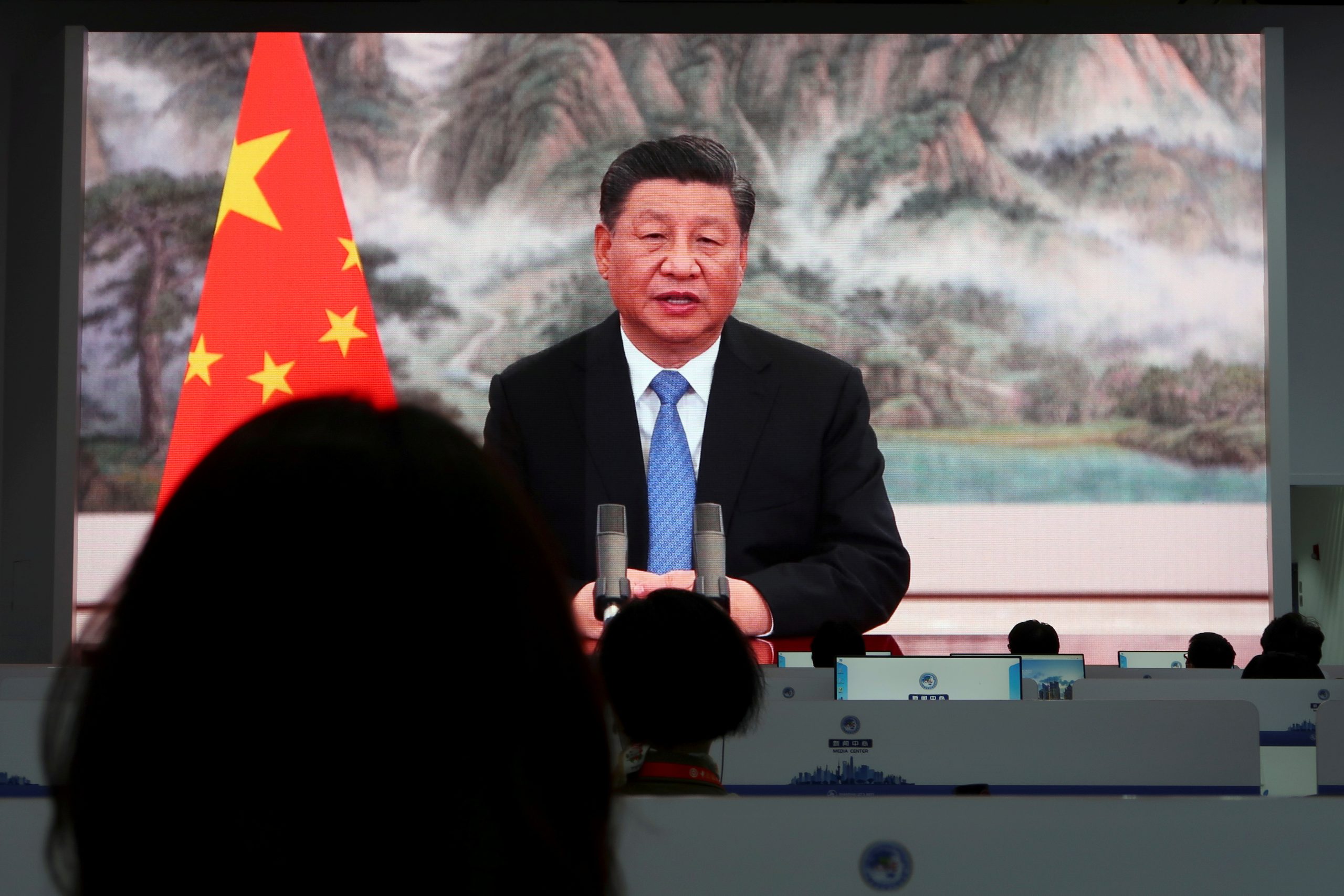
Willie R. Tubbs, FISM News
[elfsight_social_share_buttons id=”1″]
Chinese President Xi Jinping on Thursday delivered a speech to the Asia-Pacific Economic Cooperation forum in which he urged the region not to revert back to its practices of the 20th century.
“We should follow the underlying trend of the times and proactively expand opening-up,” Xi said. “We should advance trade and investment liberalization and facilitation, keep industrial and supply chains stable and functioning, boost economic recovery and achieve interconnected development. We should be forward-looking and move ahead. The Asia-Pacific region cannot and should not relapse into the confrontation and division of the Cold War era.”
Xi’s remarks, which were part of a broader speech in which the Chinese president stressed his nation’s commitment to fighting COVID-19 and transitioning to green energy, were conspicuously timed. A meeting between Xi and U.S. President Joe Biden is, according to Bloomberg, slated for next week.
On Wednesday, CNBC reported that Xi had sent a letter to the National Committee on U.S.-China Relations, a U.S. non-profit, in which he pledged to cooperate with the United States going forward.
“Both countries will gain from cooperation and lose from confrontation,” Xi said in the letter. “Cooperation is the only right choice.”
Tensions between the countries have built to an unusual level over the last year because of an increased American, European, and Australian naval presence in the Indo-Pacific, persistent tensions over Taiwan and Hong Kong, and economic wrangling. American and international groups have also ratcheted up criticism of China over alleged human rights violations.
“Following the principles of mutual respect, peaceful coexistence and win-win cooperation, China stands ready to work with the United States to enhance exchanges and cooperation across the board,” Xi wrote.
The Biden administration has also begun sending out signals that it, too, wants to ease tensions.
On Wednesday, U.S. presidential envoy John Kerry joined a top Chinese official in signing an agreement to lower greenhouse emissions, and U.S. Trade Representative Katherine Tai said the two countries were progressing in Phase 1 trade talks.
According to Reuters, Tai told reporters, “I don’t want any of you in this room thinking that we are not getting traction with our Chinese counterparts. We’re talking and we’re working.”
Not everything is positive in the nations’ interactions, however.
Only a day prior to Kerry and Tai’s actions, President Biden announced he was extending a late-era Trump executive order that declared a state of emergency in the U.S. because of exploitative investments by companies that help to fund the Chinese government. This was the second time Biden has expanded or extended this order since June.
“The President [Trump] found that the PRC is increasingly exploiting United States capital to resource and enable the development and modernization of its military, intelligence, and other security apparatuses, which continues to allow the PRC to directly threaten the United States homeland and United States forces overseas,” Biden said in a statement.
Biden later added these actions, “pose an unusual and extraordinary threat to the national security, foreign policy, and economy of the United States.”
Last week, President Biden also criticized both Xi and Russian President Vladimir Putin for not attending an international climate summit in Glasgow, Scotland.
